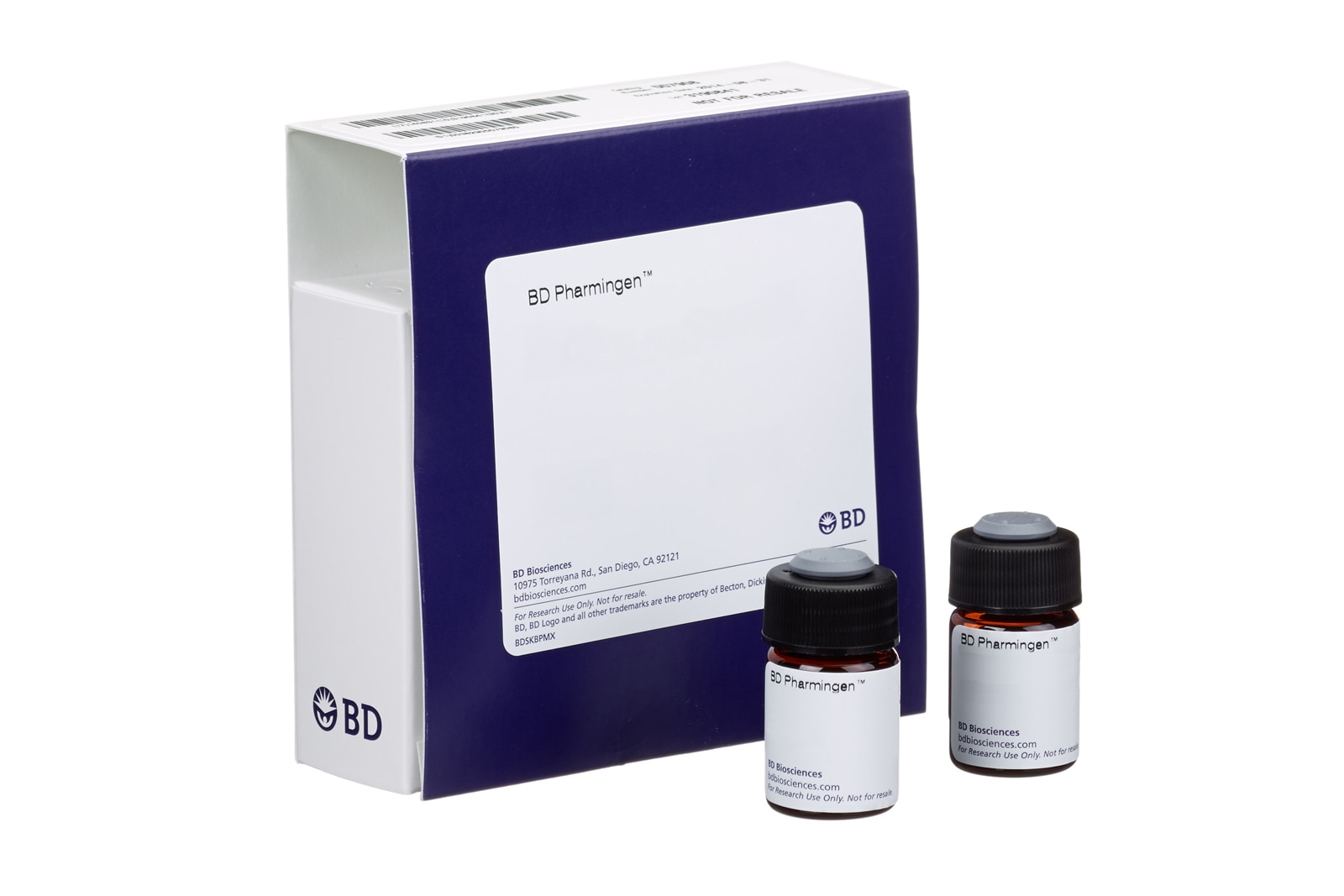-
Reagents
- Flow Cytometry Reagents
-
Western Blotting and Molecular Reagents
- Immunoassay Reagents
-
Single-Cell Multiomics Reagents
- BD® OMICS-Guard Sample Preservation Buffer
- BD® AbSeq Assay
- BD® Single-Cell Multiplexing Kit
- BD Rhapsody™ ATAC-Seq Assays
- BD Rhapsody™ Whole Transcriptome Analysis (WTA) Amplification Kit
- BD Rhapsody™ TCR/BCR Next Multiomic Assays
- BD Rhapsody™ Targeted mRNA Kits
- BD Rhapsody™ Accessory Kits
- BD® OMICS-One Protein Panels
-
Functional Assays
-
Microscopy and Imaging Reagents
-
Cell Preparation and Separation Reagents
-
- BD® OMICS-Guard Sample Preservation Buffer
- BD® AbSeq Assay
- BD® Single-Cell Multiplexing Kit
- BD Rhapsody™ ATAC-Seq Assays
- BD Rhapsody™ Whole Transcriptome Analysis (WTA) Amplification Kit
- BD Rhapsody™ TCR/BCR Next Multiomic Assays
- BD Rhapsody™ Targeted mRNA Kits
- BD Rhapsody™ Accessory Kits
- BD® OMICS-One Protein Panels
- Austria (English)
-
Change country/language
Old Browser
This page has been recently translated and is available in French now.
Looks like you're visiting us from United States.
Would you like to stay on the current country site or be switched to your country?
BD Pharmingen™ PE Perforin Reagent Set



Profile of permeabilized peripheral blood lymphocytes analyzed on a BD FACScan™ (BDIS, San Jose, CA). Cells were stained with anti-human perforin-PE (clone δG9; shaded histogram) or with an IgG2b-R-PE isotype control.



Regulatory Status Legend
Any use of products other than the permitted use without the express written authorization of Becton, Dickinson and Company is strictly prohibited.
Description
Perforin has a key role in cell-mediated cytotoxicity. It is a 70 kDa cytolytic protein that is expressed in the cytoplasmic granules of cytotoxic T lymphocytes (CTLs) and natural killer (NK) cells. CTLs are involved in eliminating virally infected cells, in anti-tumor immune responses, in allograft rejections, and in some autoimmune diseases. NK cells are important for tumor surveillance and destruction and are involved in allograft rejections. Cytotoxic cells release the contents of their cytotoxic granules, including perforin upon recognition of their target cell. In the presence of calcium, perforin forms transmembrane channels or pores in the membrane of the target cell leading to a cell death that resembles apoptosis. The ability to detect perforin-positive cells with specific antibody should be useful in identifying and understanding perforin-mediated reactions.
Clone δG9 reacts with human and bovine perforin. It does not cross-react with mouse perforin. Purified granules from the human lymphoma cell line YT were used as immunogen. Clone δG9 was initially characterized by immunoprecipitation and immunohistochemistry of frozen tissue sections. The antibody stains scattered lymphocytes in red pulp of spleen, and scattered infiltrated lymphocytes in lymphoma.
Preparation And Storage
Product Notices
- This reagent has been pre-diluted for use at the recommended Volume per Test. We typically use 1 × 10^6 cells in a 100-µl experimental sample (a test).
- Source of all serum proteins is from USDA inspected abattoirs located in the United States.
- Please refer to www.bdbiosciences.com/us/s/resources for technical protocols.
- Caution: Sodium azide yields highly toxic hydrazoic acid under acidic conditions. Dilute azide compounds in running water before discarding to avoid accumulation of potentially explosive deposits in plumbing.
- For fluorochrome spectra and suitable instrument settings, please refer to our Multicolor Flow Cytometry web page at www.bdbiosciences.com/colors.
- An isotype control should be used at the same concentration as the antibody of interest.
| Description | Quantity/Size | Part Number | EntrezGene ID |
|---|---|---|---|
| N/A | 100.0 | N/A | N/A |
Development References (3)
-
Hameed A, Fox WM, Kurman RJ, Hruban RH, Podack ER. Perforin expression in endometrium during the menstrual cycle. Int J Gynecol Pathol. 1995; 14(2):143-150. (Clone-specific: Flow cytometry). View Reference
-
Hameed A, Olsen KJ, Cheng L, Fox WM 3rd, Hruban RH, Podack ER. Immunohistochemical identification of cytotoxic lymphocytes using human perforin monoclonal antibody. Am J Pathol. 1992; 140(5):1025-1030. (Immunogen: Immunohistochemistry, Immunoprecipitation). View Reference
-
Rukavina D, Balen-Marunic S, Rubesa G, Orlic P, Vujaklija K, Podack ER. Perforin expression in peripheral blood lymphocytes in rejecting and tolerant kidney transplant recipients. Transplantation. 1996; 61(2):285-291. (Clone-specific: Flow cytometry). View Reference
Please refer to Support Documents for Quality Certificates
Global - Refer to manufacturer's instructions for use and related User Manuals and Technical data sheets before using this products as described
Comparisons, where applicable, are made against older BD Technology, manual methods or are general performance claims. Comparisons are not made against non-BD technologies, unless otherwise noted.
For Research Use Only. Not for use in diagnostic or therapeutic procedures.
